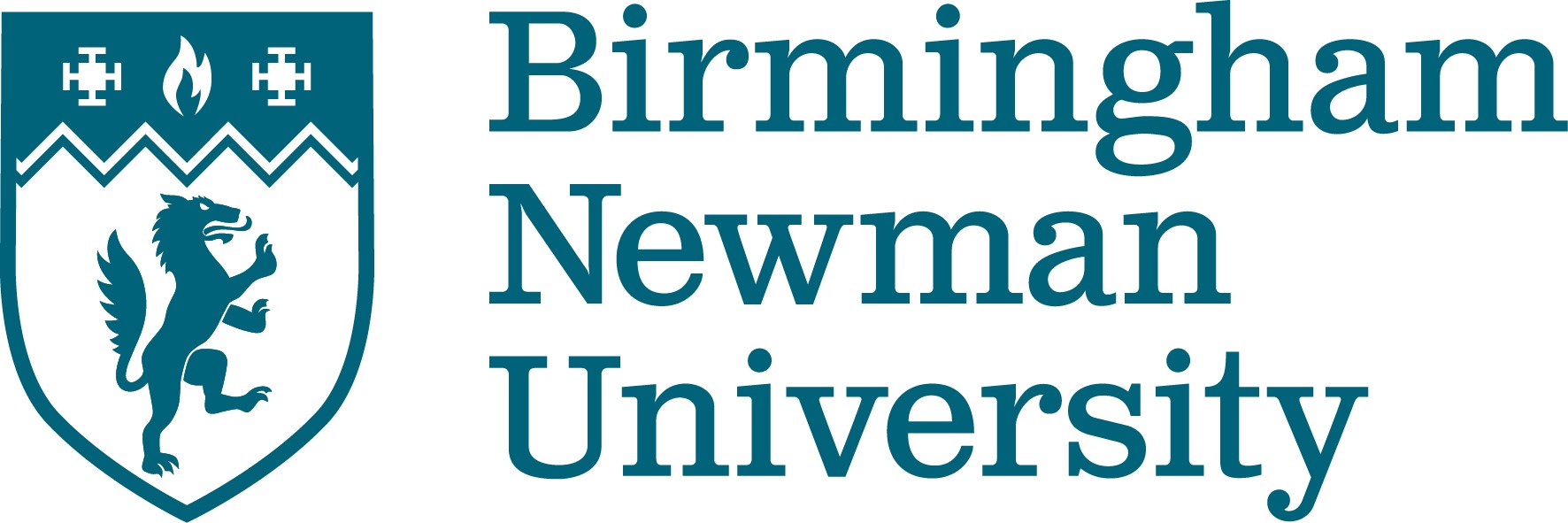Below the surface: Parents’ views on the factors that influence treatment adherence in paediatric burn scar management — A qualitative study
Andrews, Nicole A.C., Jones, Laura L., Moiemen, Naiem, Calvert, Melanie, Kinghorn, Philip, Litchfield, Ian, Bishop, Jonathan, Deeks, Jonathan J. and Mathers, Jonathan (2017) Below the surface: Parents’ views on the factors that influence treatment adherence in paediatric burn scar management — A qualitative study. Burns. ISSN 0305-4179
|
Text
NU0053.pdf - Accepted Version Available under License Creative Commons Attribution Non-commercial No Derivatives. Download (491kB) | Preview |
Abstract
Introduction: Parents have a crucial role to play in burn scar management for their children at a time that is extremely stressful for them and their child. Scar management treatments such as pressure garment therapy (PGT) require high levels of adherence. There has been a lack of research into the factors that may influence adherence in paediatric burn scar management. This qualitative research study has investigated parents’ experiences of scar management and their attempts to adhere to treatment at home. The aim of this paper is to outline parents’ views on the factors that influence adherence. Methods: 25 parents of paediatric and adolescent burn patients took part in semi-structured interviews. Participants were recruited from three UK burns services. Interviews were conducted in a participant-focussed manner and topics for discussion included parents’ accounts of treatment and their experience of PGT. A thematic analysis was undertaken. Results: Four overarching themes describe parents’ views and experiences of scar management and adherence. These are the transition from hospital to home; the practical realities of treatment; the emotional labour involved in treatment and; negotiating treatment and regime. The transition from hospital to home is a significant event for parents. They may be apprehensive about this at the same time as they desire that they and their child return to some sense of normality following the burn injury. Parents are required to adopt the role of therapeutic caregiver upon transition from hospital to home. Adherence to scar management is influenced by the practical realities of maintaining treatment (routine, division of care labour, hospital appointments) and the emotional labour involved in doing so. The latter demands that parents manage their own and their children’s emotions. Approaches to adherence were often described as flexible in response to these influences. Conclusions: Some parents negotiate the realities and demands of scar management successfully, whereas others do not. The emotional labour experienced by parents and their ability to cope with this is often a strong influence on their views regarding adherence to scar management. Further research is needed to explore how burns services and staff manage this at present, and whether simple interventions can help with the key practical and emotional influences on treatment adherence.
| Item Type: | Article |
|---|---|
| Divisions: | Faculty of of Arts, Society and Professional Studies > Department of Health and Behavioural Sciences |
| Depositing User: | Jane Faux |
| Date Deposited: | 27 Mar 2018 08:56 |
| Last Modified: | 09 Jan 2025 12:06 |
| URI: | https://newman.repository.guildhe.ac.uk/id/eprint/17219 |
Actions (login required)
 |
Edit Item |

